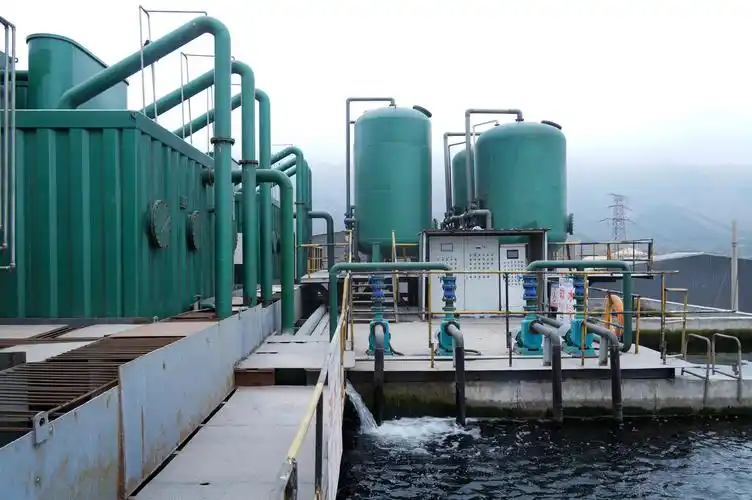The application of high-temperature heat pumps in electroplating wastewater treatment mainly focuses on wastewater evaporation and concentration, Waste heat recovery, heating and cooling, which can significantly improve energy efficiency, reduce treatment costs, and reduce carbon emissions. The following are specific application cases:

Heat pump application points in electroplating wastewater treatment process
- Evaporation and concentration of sewage
- Electroplating wastewater contains heavy metals and chemical components, and pollutants need to be separated by evaporation and concentration.
- High-temperature heat pumps provide a stable heat source (80~120°C) for evaporation to replace traditional electric heating or steam boilers, while recovering condensation waste heat.
- Waste heat recovery and utilization
- During the concentration and evaporation process, the condensation waste heat is recovered through the heat pump and can be used to preheat incoming water or workshop heating to improve energy utilization.
- Sludge drying
- The sludge generated from electroplating wastewater treatment needs further dehydration and drying, usually requiring hot air at 50~90°C.
- A high-temperature heat pump can provide hot air for sludge drying, replacing the traditional gas boiler system.
- Workshop heating and hot water
- The electroplating factory requires workshop heating in winter and hot water for equipment cleaning.
- Heat pump system meets both heating and cleaning needs.
Actual cases
High-temperature heat pump renovation project for sewage treatment in an electroplating factory
Project background
The electroplating plant processes 100 tons of sewage per day. The original system relied on gas boilers to provide evaporation and concentration heat sources. The equipment operating costs were high and the waste heat utilization rate was low.
Transformation content
- Introduce a high-temperature heat pump system to replace the gas boiler and provide an efficient heat source (85°C) for the evaporation and concentration process.
- Equipped with a waste heat recovery module for preheating incoming water and workshop heating.
- Install a heat pump drying device for sludge drying.
Transformation effect
- Energy conservation
- The heat pump COP reaches 4.2 and energy consumption is reduced by about 60%;
- Annual gas savings of approximately 500,000 cubic meters.
- Economic benefits
- Total investment: about 3 million yuan;
- Annual cost savings: approximately 1.2 million yuan;
- Investment payback period: approximately 2.5 years.
- Environmental benefits
- Annual reduction of carbon dioxide emissions by approximately 1,000 tons;
- The heat energy recovery rate in waste water is increased to more than 70%, reducing the direct emission of waste heat.
- Process improvement
- The temperature control of evaporation and concentration is more stable, and the separation efficiency is increased by 10%;
- The sludge moisture content is reduced to 15%, and the drying efficiency is increased by 25%.
Summary of advantages
- Energy saving and consumption reduction: Significantly reduce the energy consumption of traditional boilers and reduce operating costs.
- Environmentally friendly: waste heat recovery and efficient treatment reduce waste water and carbon emissions.
- Improve treatment efficiency: Precise temperature control improves evaporation concentration and sludge drying effects.
- One machine for multiple purposes: Integrated optimization of heating, waste heat recovery, drying and other links.
If you need more technical support or specific system design Solutions, please discuss further!


